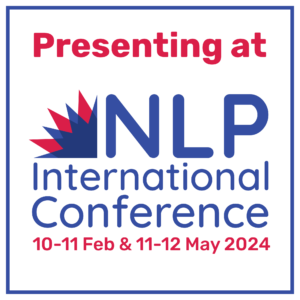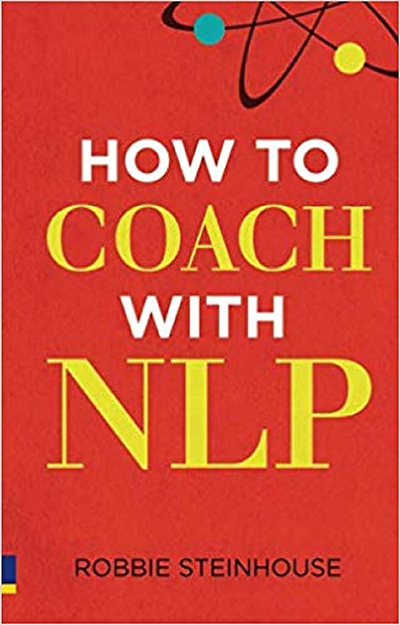How Can You Tackle Your Imposter Syndrome?

During some recent coaching sessions, I was surprised to hear a number of people in senior roles saying they had ‘Imposter Syndrome’.
What is Imposter Syndrome?
Imposter Syndrome a phenomenon where individuals doubt their accomplishments and progress. Instead, they feel like they are on the brink of being exposed as a ‘fraud’.
Imposter Syndrome is more common than you think. We often fear that we are the only ones experiencing self doubt, but you will be surprised at how many other people feel the same way.
I would like to break down the diagnosis of Imposter Syndrome, as it relates to NLP.
Where?
People may suffer from Imposter Syndrome at work, but be comfortable with taking management or leadership roles at home, or in a social/ community activity.
When this is the case, NLP can be a helpful tool. NLP offers some techniques which allow you to ‘borrow’ the qualities from a situation in which you feel at ease and ‘transfer them’ to a situation in which you do not. This is a remarkably powerful and relatively simple technique.
What?
One executive shared that they felt Imposter Syndrome. But the coaching revealed that it actually only applied when they were promoted to manage an additional team, who specialised in an area they themselves didn’t have much expertise in. Gaining more specifics helped the client to realise they didn’t feel like an imposter generally, but rather in a particular situation.
How?
This same client understood that the problem was not only a lack of skills, but also a belief that a lack of these specific skills made them a poor manager. This neatly leads to…
Why?
Opening up limiting beliefs is the ‘bread and butter’ of coaching. This client’s existing skill-set was already highly technical. So his shift in belief was that leadership is indeed about learning to manage people with partially alien skill sets, as leadership also encompasses managing across different functions.
Values are also a ‘why’ area. Another client who said she suffered from Imposter Syndrome also revealed a deep suspicion of hierarchies. She said that she hated having power over people and valued equality and fairness. Although these values seemed superficially positive, later she admitted they hid a belief that managers are megalomaniacs. I quoted Stephen Covey, “act or be acted upon” and she realised that her belief could be shifted and she could have her values honoured. She said, “I can be a kind and fair manager.”
Who?
Some other people said something deeper: “I just don’t feel it’s me, I was shocked when I got the promotion and it’s like a weird dream!”
In my view, good leaders have a degree of humility and humanity. It is strange to be put in a position of power and it takes some getting used to. However, if on some deep level you feel you lack the permission to be in that position, or you feel you do not deserve what you have, I would suggest a digging deeper into your past. You can do this by using some more advanced approaches from NLP or therapy.
Another way to tackle it is…
For what/for whom?
Once you connect to a sense of mission that others can share and buy into, this can provide the energy to align all of the above questions to serve a bigger calling or purpose. This, more than anything else, is the idea of service, which can melt away Imposter Syndrome. You feel a leading part of a harmonising team which begins to build energy and results in an upward spiral of success.
This model I’ve used here is Robert Dilts’ Logical Levels, which is one of the most effective and widely used tools in NLP.
I also cover a lot of these topics on our Taster Days.
Did you like this post?
Then check out our events and courses!
Where to find us
For posts, events, free open days and more, follow NLP School on:
What to read next
The Importance of Purpose in Coaching
Clarifying and Updating Your Vision









